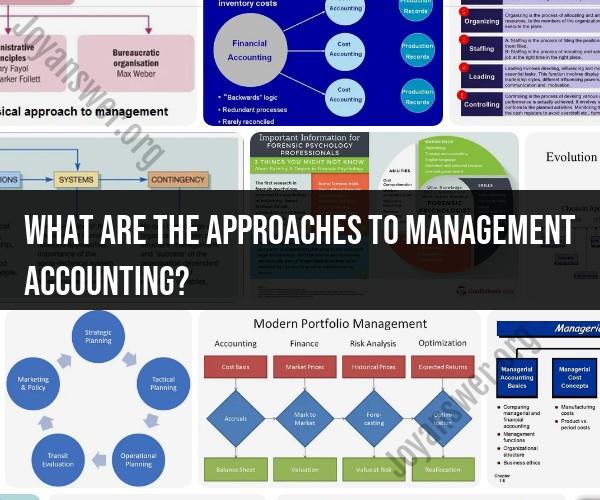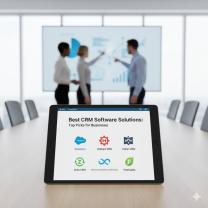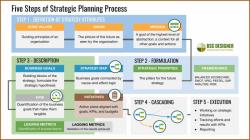What are the approaches to management accounting?
Effective management accounting is crucial for enhancing decision-making within organizations. It involves collecting, analyzing, and presenting financial and non-financial data to support strategic choices. Here are some approaches to enhance management accounting for better decision-making:
1. Activity-Based Costing (ABC):
- ABC assigns costs to activities and processes, providing a more accurate view of product or service costs. This approach helps managers make informed decisions about pricing, product mix, and process improvement.
2. Key Performance Indicators (KPIs):
- Identify and track relevant KPIs that align with your organization's strategic goals. These can include financial metrics (e.g., ROI, EBITDA) and non-financial metrics (e.g., customer satisfaction, employee turnover).
3. Budgeting and Forecasting:
- Develop detailed budgets and forecasts that align with strategic objectives. Regularly compare actual performance to budgets to identify variances and take corrective actions.
4. Cost-Volume-Profit (CVP) Analysis:
- CVP analysis helps managers understand the relationship between costs, volume, and profit. It assists in setting pricing strategies, sales targets, and break-even points.
5. Balanced Scorecard:
- Implement a balanced scorecard framework that considers financial and non-financial performance measures. This approach provides a holistic view of organizational performance.
6. Variance Analysis:
- Conduct regular variance analysis to compare budgeted and actual results. Identify areas where actual performance deviates from expectations and investigate the underlying causes.
7. Cost Control and Reduction:
- Continuously evaluate costs and identify opportunities for cost control and reduction. Cost-saving initiatives can positively impact the bottom line.
8. Decision Support Systems (DSS):
- Implement DSS tools that provide real-time access to financial data and analytics. These systems enable quicker and more informed decision-making.
9. Scenario Analysis:
- Create different scenarios to assess the potential outcomes of various decisions. This helps managers make decisions with a clearer understanding of potential risks and rewards.
10. Rolling Forecasts:- Move away from static annual budgets and adopt rolling forecasts that can be updated regularly to reflect changing market conditions and strategic shifts.
11. Cost Allocation Methods:- Use appropriate cost allocation methods to allocate indirect costs to products or services. This enhances the accuracy of product-level profitability analysis.
12. Risk Assessment:- Identify and assess financial and operational risks. Develop strategies for risk mitigation and contingency planning.
13. Benchmarking:- Benchmark your organization's performance against industry peers or best-in-class companies. Use benchmarking data to identify areas for improvement.
14. Customer Profitability Analysis:- Analyze the profitability of different customer segments to determine where to focus marketing efforts and resource allocation.
15. Employee Training and Development:- Invest in training and development for finance and accounting staff to ensure they have the skills and knowledge to provide valuable insights to management.
16. Continuous Improvement:- Foster a culture of continuous improvement in management accounting processes. Regularly review and refine practices to adapt to changing business needs.
17. Cross-Functional Collaboration:- Encourage collaboration between finance and other departments (e.g., marketing, operations) to ensure alignment of financial data and decision-making with overall organizational goals.
By adopting these approaches, organizations can leverage management accounting as a strategic tool to make well-informed decisions, drive performance improvements, and achieve their long-term objectives. Effective management accounting enables a more agile and responsive approach to the dynamic business environment.













